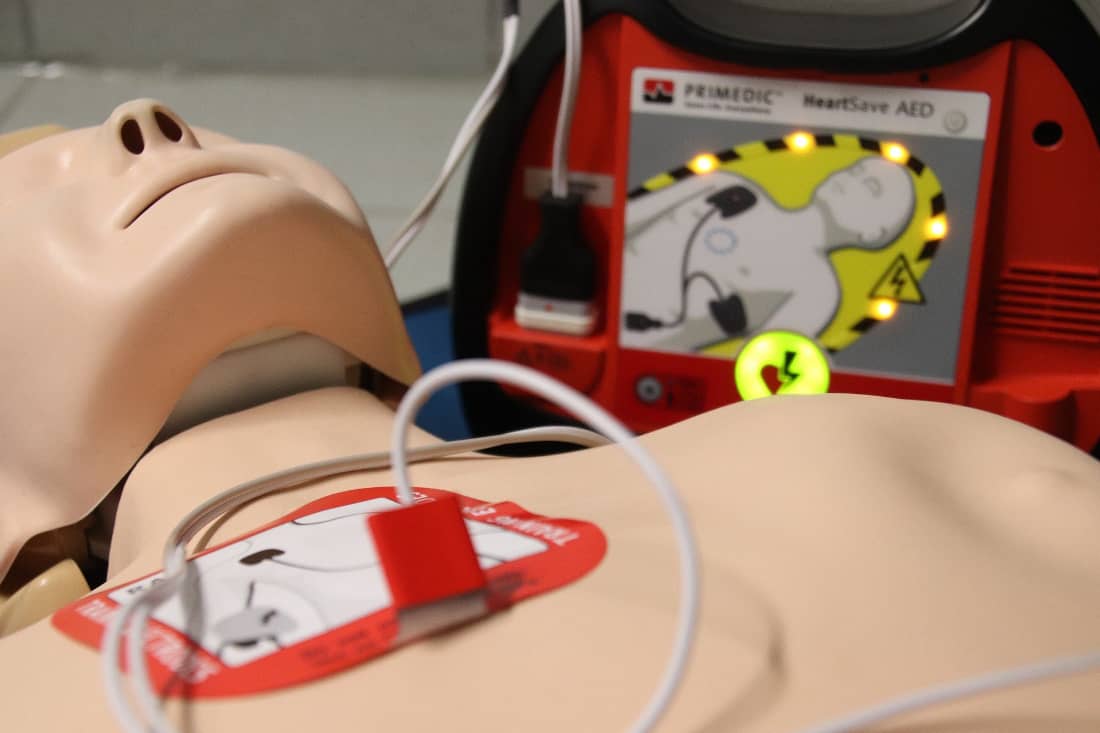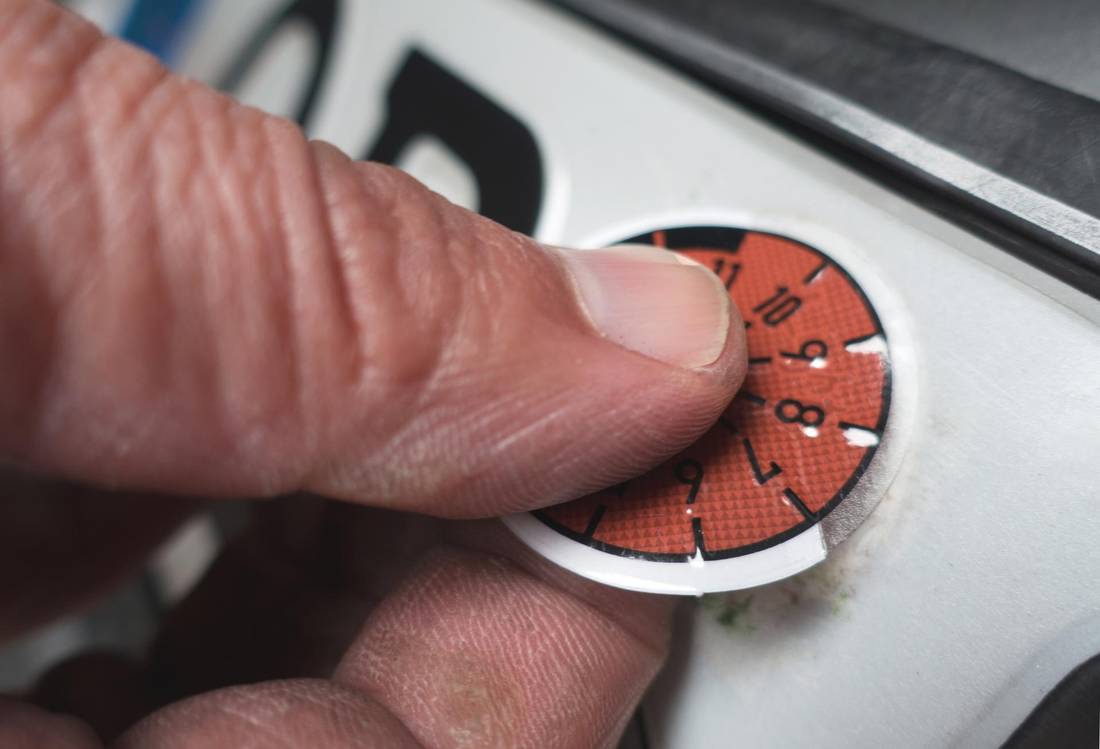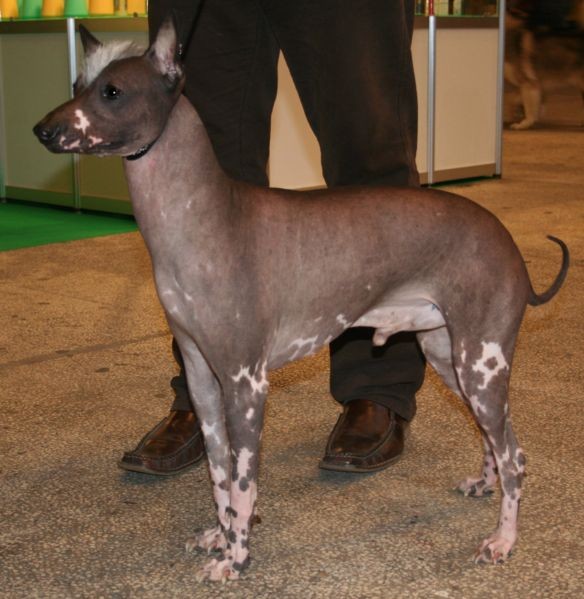
Logo of Instagram
Which Instagram posts from politicians appear more often at the top of a timeline and which ones do people see less often? The NOS is investigating this together with data journalism platform Pointer of the KRO-NCRV and weekly magazine De Groene Amsterdammer. We need your help with this.
We ask you to install a plug-in developed by the German organization AlgorithmWatch. The plugin asks you to follow three randomly chosen politicians or party accounts.
The plug-in then automatically maps how often certain posts from politicians are shown and how well they are doing. For example, does it matter what the politician looks like? And what do Instagram’s algorithms prefer: images or text?
The campaigns for the parliamentary elections of 2021 will probably largely take place online, partly due to the corona crisis. That is why we at NOS think it is important to know exactly how the platforms on which the campaigns are held work. What influence do the algorithms and the way social media function have? We hope to gain insight into this, partly with this project.
How does it work?
- Install the plugin for Chrome or Firefox.
- You will receive three random suggestions to follow Dutch politicians on Instagram.
- Then you can keep that tab open in the background and continue what you were doing.
- The data is sent to AlgorithmWatch and we can conduct our research with your help.
Frequently Asked Questions
How is my privacy protected?
The plugin does not collect more information than necessary. We need to know your username in order to distinguish different timelines. We also need to know which usernames appear in your timeline in order to estimate the behavior of the algorithms.
However, both your username and those of people in your timeline are mixed up in such a way that your username can no longer be retrieved. That process is called pseudonymization. In technical terms, usernames are hashed.
Does this research make sense when so many people use Instagram on their mobile and not in the browser?
Yes, because you don’t have to actively use Instagram during the research. We look at what the algorithms are doing in the background, while you are not looking. By the way: even if we would like to conduct research via the mobile app, that is unfortunately technically virtually impossible.
Can I join if I don’t have or actively use Instagram?
You must have Instagram to participate, but you don’t have to be an active user. If you want to create an account especially for this research, that is also possible. The plugin asks you to follow three politicians and then you can participate in the investigation.
Who is responsible for processing the data?
That is AlgorithmWatch. We can access the data and the results. We do not get access to usernames and IP addresses. We have made agreements with AlgorithmWatch about the processing of the data.
How were the accounts selected to be tracked?
The NOS, Pointer and the Groene Amsterdammer have provided a list of interesting Instagram accounts. We have opted for a mix of party accounts, party leaders and popular party members’ accounts. All parties that already sit in the House of Representatives as well as any newcomers have been included.
What is the purpose of the study?
Will the Instagram algorithms affect the election? That is the overarching question. If the Instagram algorithms favor certain politicians, for example by the kind of post they post, then that’s something we’d like to find out. At the moment, that effect is still a big secret.
What kind of organization is AlgorithmWatch?
AlgorithmWatch is a German non-profit organization committed to transparency about algorithms. For example, the organization previously published a study about Google’s moderation tool, which automatically categorized blacks and homosexuals as ‘toxic’. Algorithm Watch has also written about how Facebook uses stereotypes to maximize its ad revenue.
Will my data be shared with others?
No. Only we (NOS, Pointer and De Groene Amsterdammer) and AlgorithmWatch can access the data. Other researchers, including from universities, will not have access to the data. The data will be deleted when the investigation is over. We don’t know yet when that will be, but the data will be erased before December 31, 2021 anyway.



















